I have observed three troubling behavioral trends emerging with GenAI. First, several people are relying on AI to perform significant cognitive tasks. Second, as GenAI continues to improve, there is an increasing tendency to simply accept its outputs. Third, there is a tendency to use GenAI as a search engine. I refer to these behaviors as cognitive offloading, accepting adequacy, and search behavior, respectively. I would argue that all three behaviors are dangerous, and the rapid improvements in AI could further catalyze their impact. They also point to a partial explanation of the several recent studies that have found a negative correlation between human cognition (e.g., critical thinking) and the use of GenAI.
In a previous piece, I wrote about passive and active intelligence…and the importance of being cognitively engaged with AI rather than just responding to algorithms. Passive intelligence trains AI but limits the benefit to you. The win goes to the machine. Being cognitively engaged (active intelligence) is where there is more benefit to humans. Of course, there are compelling reasons to delegate mundane tasks to AI so that you can focus on creativity and higher-order thinking. The concern is that people are not redirecting effort to higher-order thinking but are instead slipping into habitual offloading, satisficing, and shallow querying.
Why is this happening? Perhaps our long-term use of search engines has conditioned us to seek quick, acceptable answers rather than pursue deeper understanding. But there is a crucial difference: search engines merely fill information gaps, while GenAI attempts to generate knowledge outputs—and that requires active interpretation and judgment. As people default to ChatGPT for their issue or task, it spits out a response in seconds that looks pretty good. Therefore, the user may reason that this is good enough or even better than what they might have come up with. They then accept it as adequate. If they cognitively engage with the output, they might find flaws in the advice, hallucinations, or inconsistent logic. If they continue to interact with the AI, they might continue to improve the output quality (and learn in the process). However, it looks good, and in a time-crunched context, it’s just easier to accept it and move on.
However, search behavior seems just as crucial since, at its core, you are searching for something you don’t know. Ironically, I would argue that the more you know, the more you can benefit from AI. When entering a topic or creative endeavor with limited knowledge, users may treat AI as a search engine, making them vulnerable to dependence on AI. If you are writing, having a deeper understanding of the topic enables better quality interaction with AI, such as asking the right questions or identifying weaknesses in an argument or suspicious references. Essentially, with GenAI, the more you know, the more you can know…
Calling these behaviors “dangerous” is not alarmist—it’s warranted. If cognitive offloading becomes the norm, AI is not just assisting your thinking—it is replacing it. Imagine having a brilliant friend take your exam and then claiming the results as your own. You’re now “qualified,” but you don’t know anything. You’ve gained a credential but not competence. This is performative knowledge, a façade of expertise, untethered from genuine understanding. Similarly, accepting adequacy perpetuates this facade. In domains requiring nuance, critical thought, or creativity, accepting mediocrity is not only unwise—it’s corrosive. It undermines standards of excellence. And when GenAI is used for quick searches in areas where you lack foundational knowledge, it can lock you into path-dependent solutions—cutting off alternative ways of thinking before they’re even considered.
If we continue down this path, do we risk raising a generation of individuals fluent in prompting machines but bankrupt in interpretation, synthesis, and critique? Or, alternatively, as we edge closer to AGI, will the benchmark inversion reduce this essay to another footnote in the chorus of AI dystopia? Perhaps. But for now, I see GenAI as a remarkable tool. Yet without disciplined engagement, it seduces us into outsourcing our intelligence. The future belongs not to those who use AI the most, but to those who use it most mindfully—as a thinking partner, not a thinking replacement.

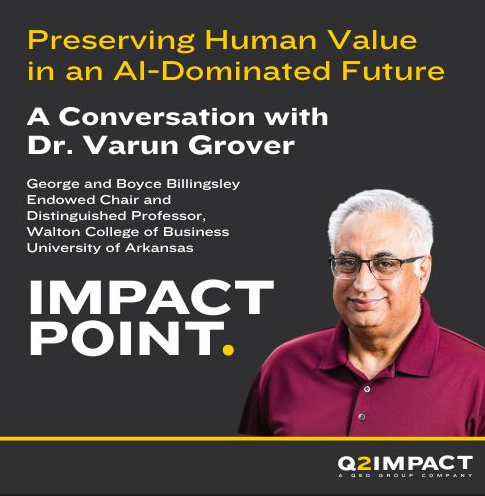
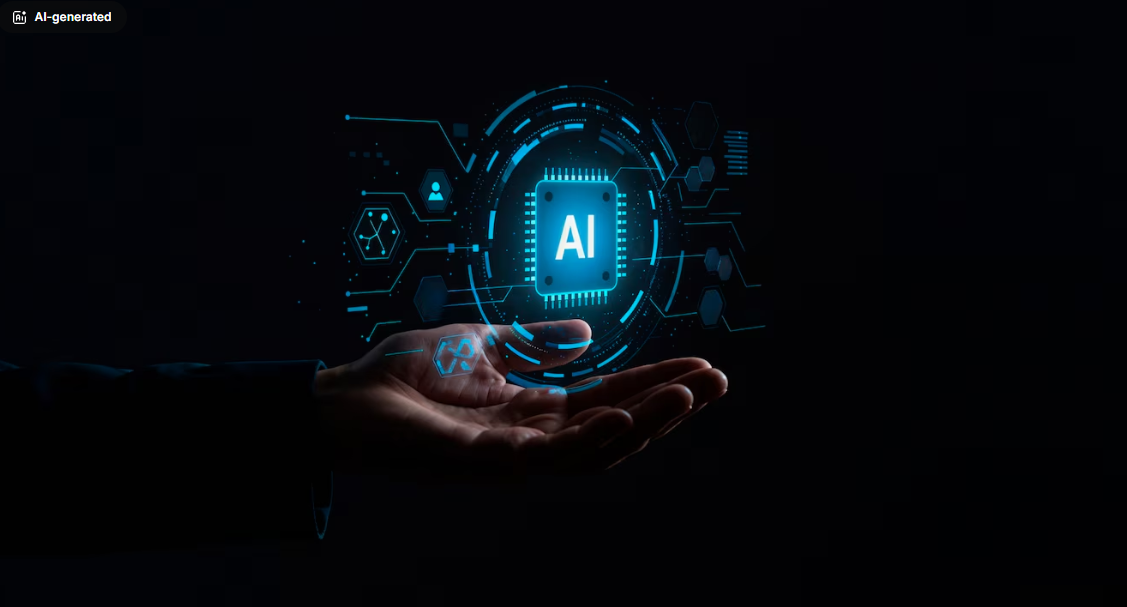
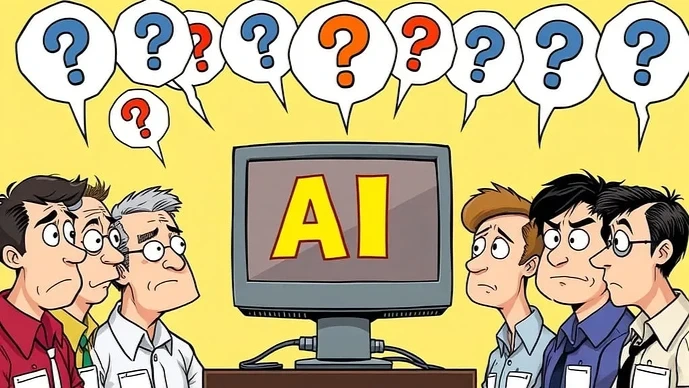
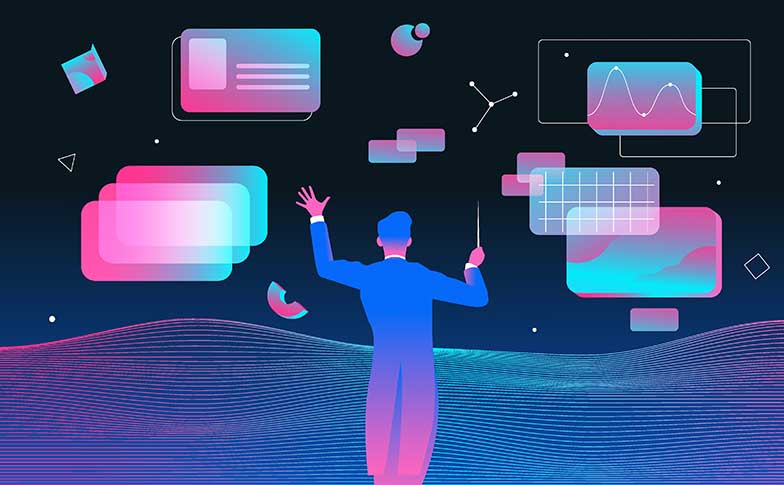
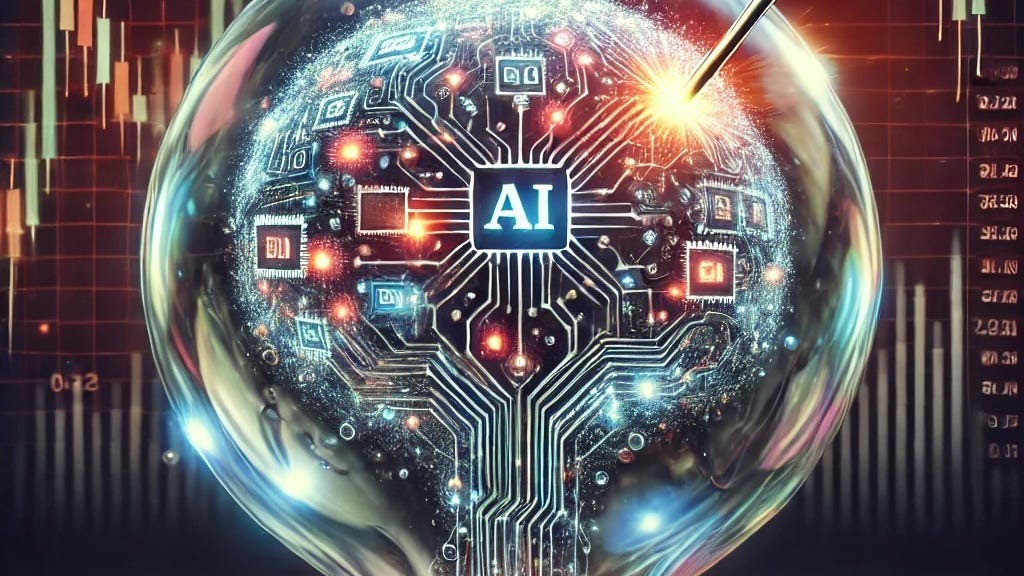


Leave a Reply